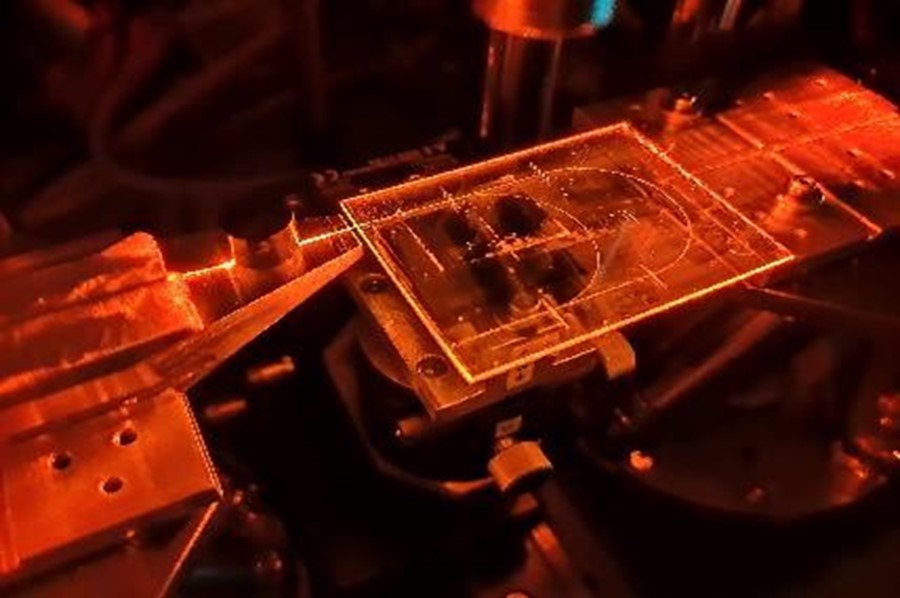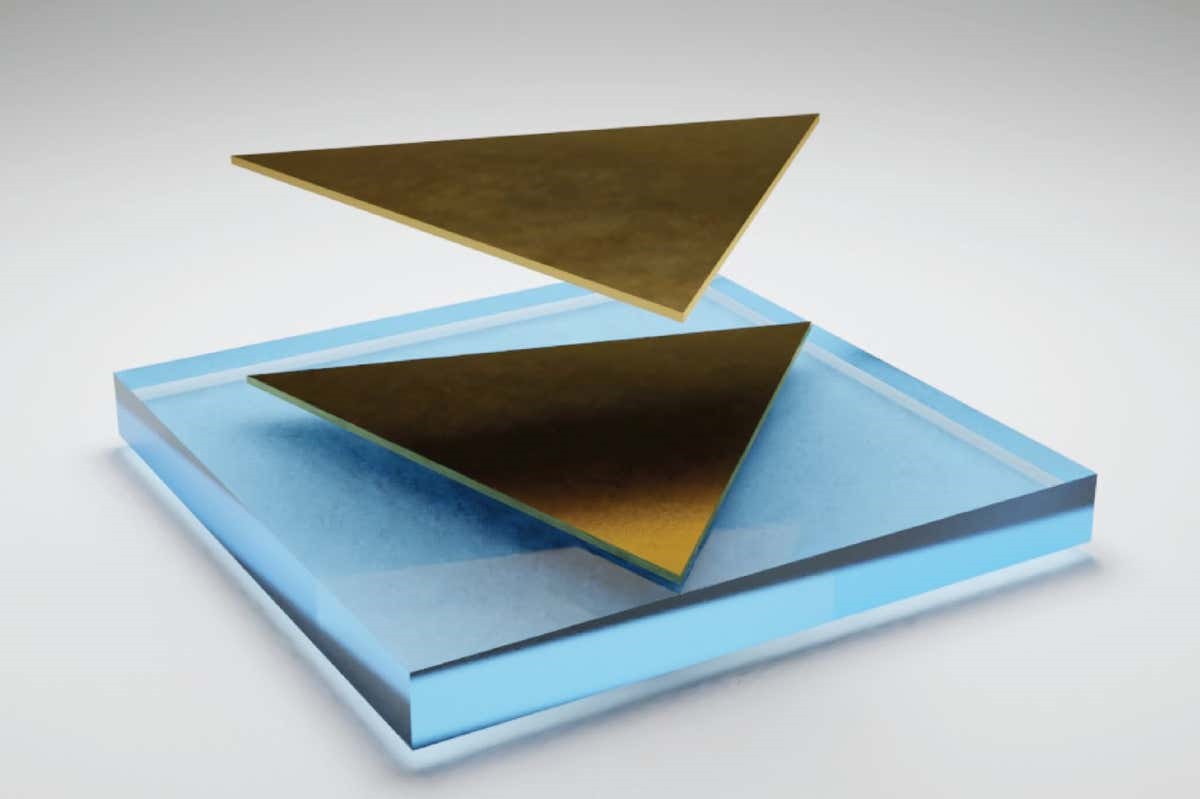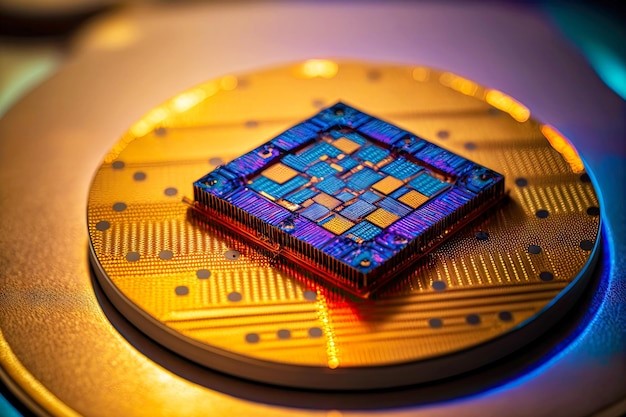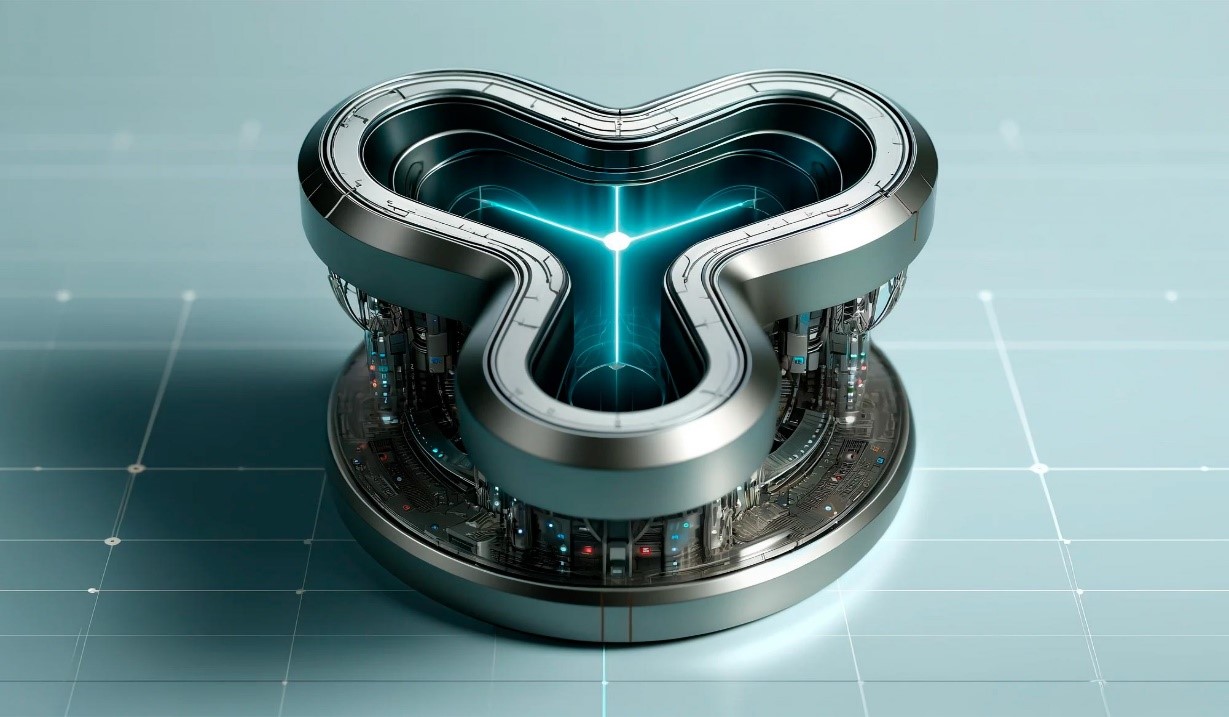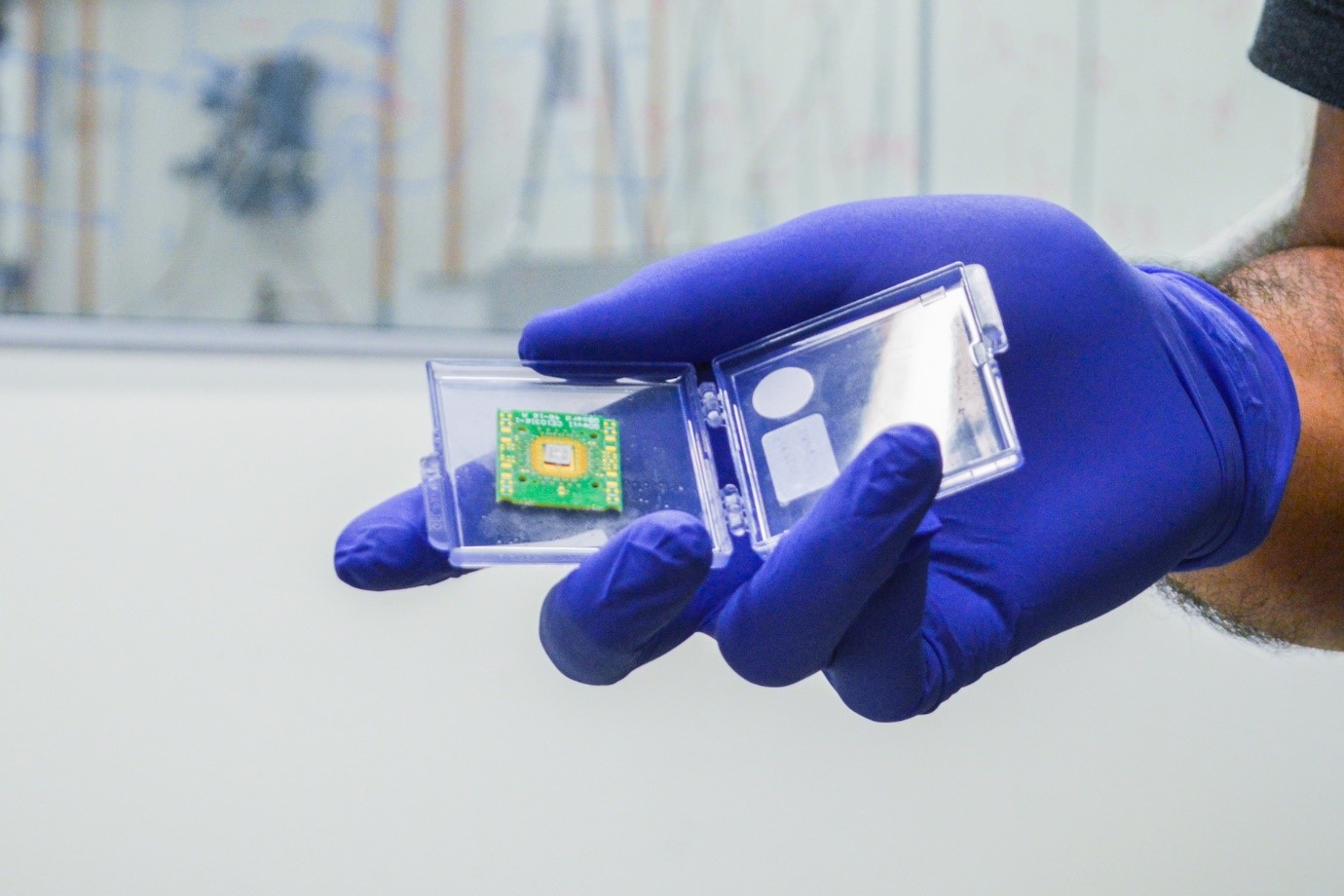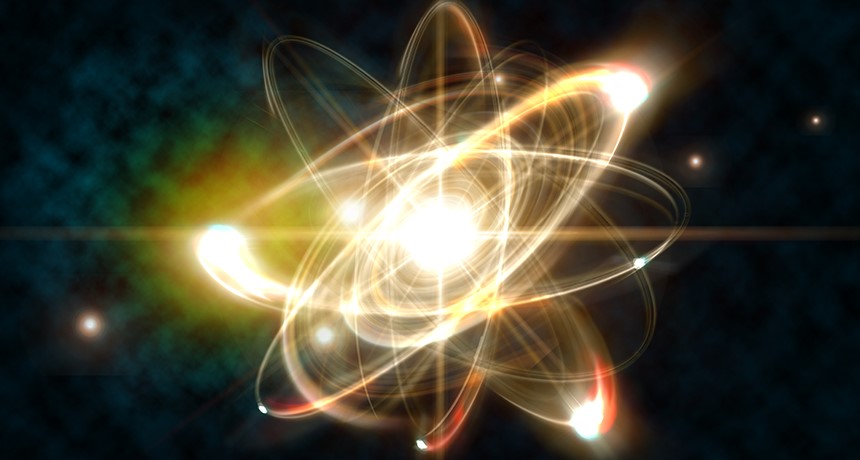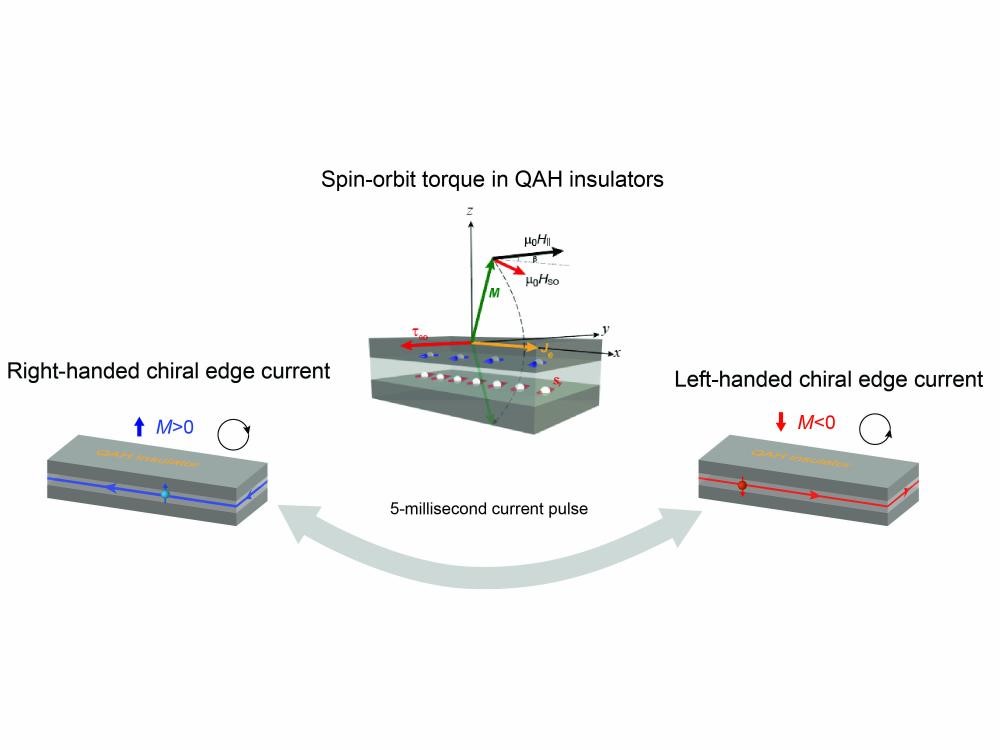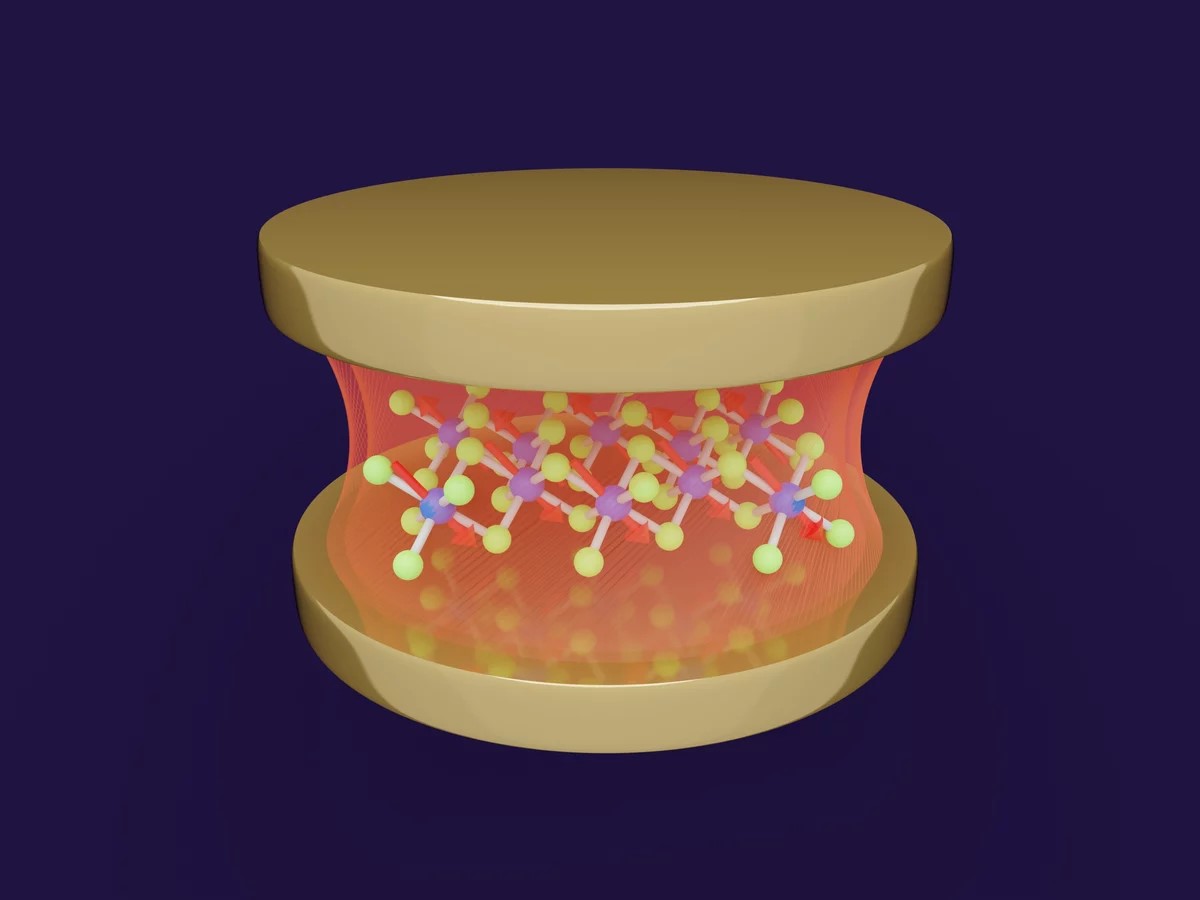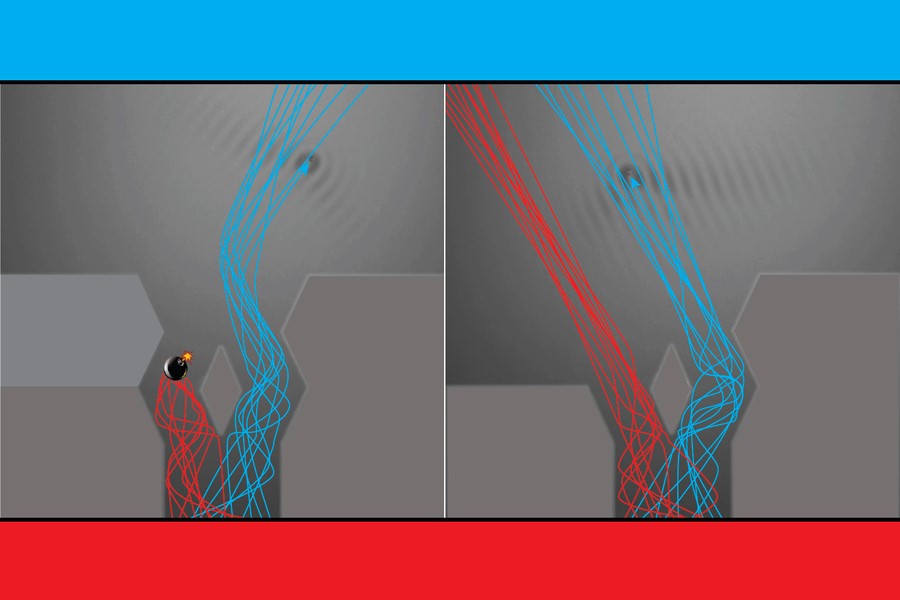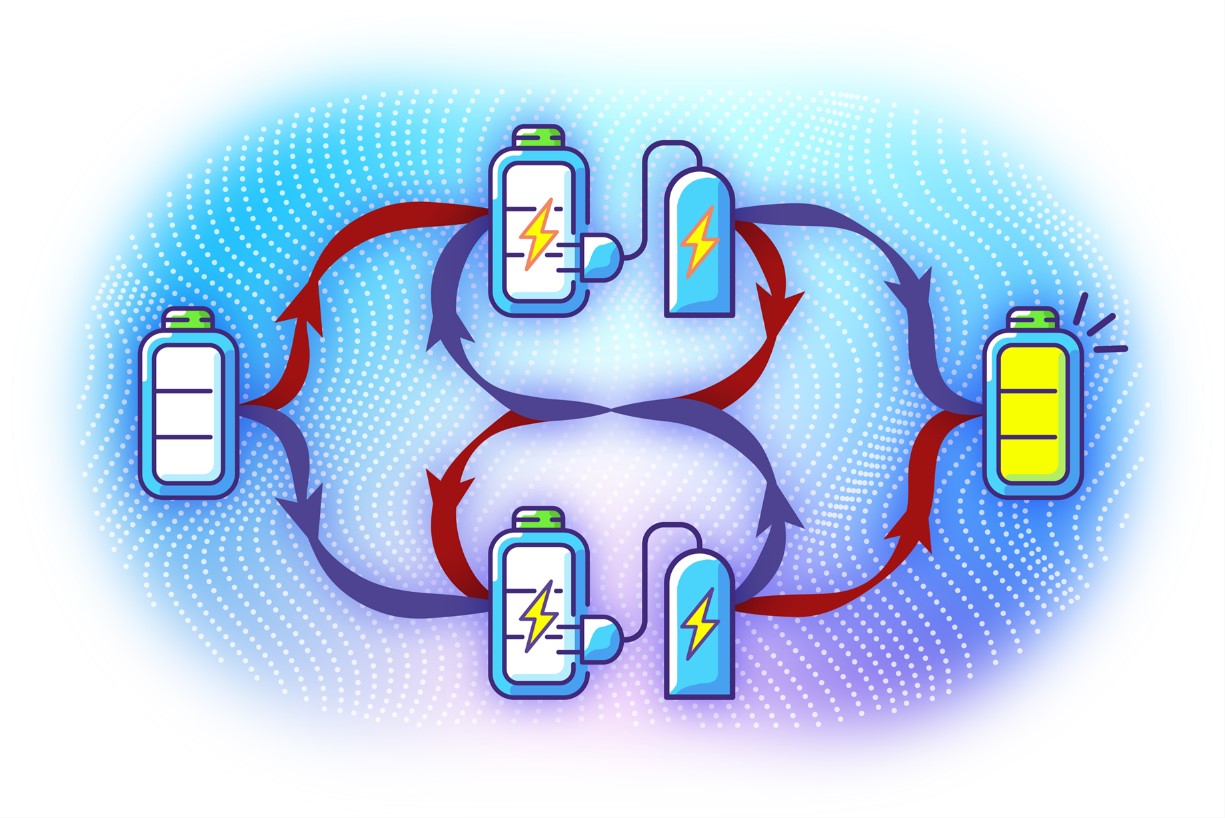The Quantum Computer Developed by Microsoft and Quantinuum Might Be the Most Dependable One Yet
Microsoft and Quantinuum have collaborated to create a quantum computer boasting unparalleled reliability. By incorporating Microsoft's "logical quantum bits," it can execute basic computational tasks with unprecedented dependability. This breakthrough, which enables the system to rectify its own errors, represents a significant advancement toward realizing more practical quantum computing applications in the foreseeable future. Krysta Svore of Microsoft expresses excitement about their achievement, stating, "What we did here gives me goosebumps. We have shown that error correction is repeatable, it is working and it is reliable."
The anticipation for practical quantum computers, capable of tackling calculations beyond the scope of conventional systems, has been longstanding among experts. Despite advancements in size and complexity, the full realization of this potential has not yet been attained. [1] A major obstacle lies in the fact that all current quantum computers experience errors, posing technical challenges for researchers in implementing algorithms to detect and rectify these errors during computation.
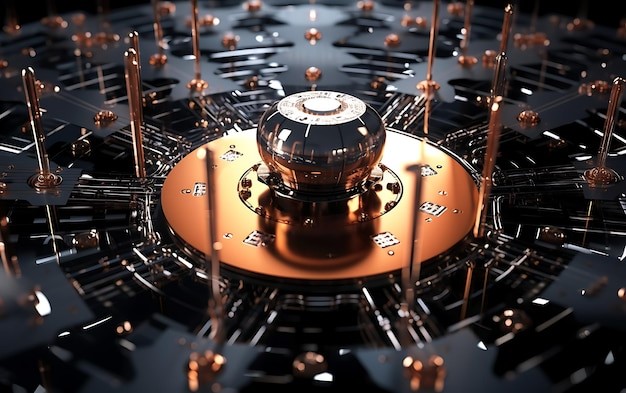
Figure 1. Quantinuum's H2 Chip
Figure 1 show in Quantinuum's H2 Chip Microsoft and Quantinuum assert the development of a quantum computer with unparalleled reliability, potentially paving the way for more practical quantum computing in the near future. Krysta Svore of Microsoft expresses excitement, stating, "What we did here gives me goosebumps. We have shown that error correction is repeatable, it is working and it is reliable."
For years, experts have eagerly awaited the advent of practical quantum computers capable of solving computations too intricate for traditional systems. While quantum computers continue to grow in size and complexity, the full realization of this expectation remains elusive. A significant hindrance to progress lies in the fact that all current quantum computers are prone to errors, posing a formidable technical challenge for researchers striving to deploy algorithms capable of detecting and rectifying these errors during computation.
The latest experiment marks a significant stride toward addressing the challenge of errors in quantum computing. Researchers report conducting over 14,000 separate computational routines on Quantinuum’s H2 quantum processors without encountering a single error. While classical computers also encounter errors, they can employ error correction by creating backup copies of processed information within programs. However, quantum computing faces a different dilemma: quantum information cannot be duplicated. Consequently, researchers adopt an alternative strategy by distributing quantum information across interconnected quantum bits, or qubits, to form what are termed logical qubits. In their endeavor, the Microsoft and Quantinuum team utilized 30 qubits to construct four of these logical qubits.
Svore highlights that the creation of these logical qubits, utilizing a method pioneered by Microsoft, facilitated the execution of repeated fault-tolerant experiments devoid of errors. While individual qubits are typically susceptible to disturbances, the researchers were able to consistently detect and rectify errors at the level of logical qubits. Their approach proved highly successful, with the four logical qubits exhibiting as few as 0.125 percent of the errors observed when the 30 qubits were left ungrouped. This suggests that the ungrouped qubits could have produced up to 800 errors for every one error generated by the logical qubits.
Mark Saffman from the University of Wisconsin, who was not part of the experiment, comments, "A logical error rate 800 times lower than the error rate of the physical qubits is a very significant advance in the field that takes us another step closer to fault-tolerant quantum computing." Jennifer Strabley from Quantinuum mentions that their team's hardware was ideally suited for the recent experiments due to its exceptional control over qubits and its quantum computer's already impressive track record of achieving some of the lowest error rates to date.
In 2023, a collaborative effort between Harvard University researchers and colleagues, including individuals from the quantum computing start-up QuEra, achieved a milestone by demonstrating the operation of 48 logical qubits simultaneously, surpassing the four logical qubits in the new device. [2] However, Strabley emphasizes that the new device exhibits an advantage in efficiency, requiring fewer physical qubits per logical qubit. Moreover, the logical qubits in the new device experienced fewer errors compared to those constructed by the Harvard team. "We used a lot fewer physical qubits and got better results," she notes.
While some experts consulted by New Scientist were hesitant to categorize the new work as a breakthrough in quantum error correction without further experiment details, it's widely acknowledged that quantum computers need at least 100 logical qubits to effectively address scientifically and socially significant issues in fields like chemistry and materials science. The forthcoming task is scalability. Both Strabley and Svore express confidence in the ongoing collaboration between Microsoft and Quantinuum, believing it will soon achieve this milestone.
References:
- https://www.newscientist.com/article/2425243-microsoft-and-quantinuums-quantum-computer-may-be-most-reliable-yet/
- https://blogs.microsoft.com/blog/2024/04/03/advancing-science-microsoft-and-quantinuum-demonstrate-the-most-reliable-logical-qubits-on-record-with-an-error-rate-800x-better-than-physical-qubits/
Cite this article:
Janani R (2024), The Quantum Computer Developed by Microsoft and Quantinuum Might Be the Most Dependable One Yet, AnaTechMaz, pp.122


